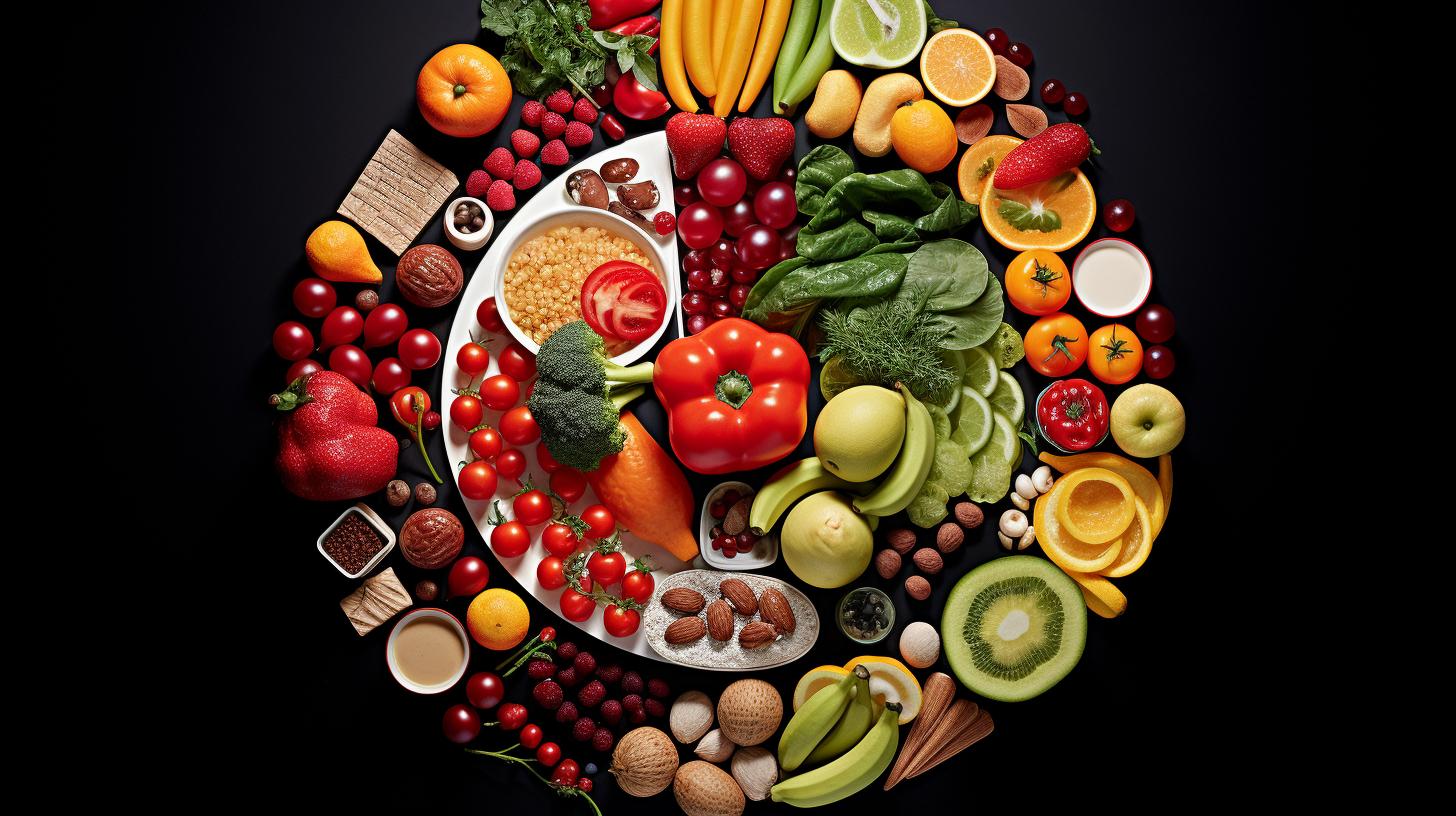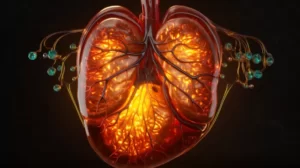“Have you ever thought that your gut can act as your second brain?”
Interesting, right?
Indeed, scientists are discovering more on how your digestive system, or gut, sends signals to your brain, and how the health of your gut could affect your mood, skin, and overall health. It’s in fact a two-way conversation. A healthy gut could mean a happy life but if something is wrong—it’s a different story altogether. You may have chalked up the bloating, occasional constipation or breakout as normal body responses, but they might be red flags waved by your gut rushing to get your attention.
Chances are, you try to do right by listening to health fads, such as detox diets. Like most people, you may believe in the touted benefits of detoxing—resetting your body, getting rid of toxins, clearing your skin, or even dropping a few pounds. But what happens when that ‘gut-reset’ button you’ve been pushing with your detox choice has been making you sick?
Buckle up. We’re going on a journey unravelling the lesser-known connection between detox and potential illnesses.
1 Why Detox?
Detoxification, commonly referred to as detox, has been around for centuries. It is the biological process that the body conducts daily to neutralize and get rid of harmful substances (say hello to your liver!). In the context of diet and health fads, detoxing refers to practices designed to rid your body of unhealthy, “toxic” substances. From juice cleanses, to special herbs, fasting or even colon cleanses, there is a myriad of methods propagated by both health gurus and mainstream media.
Detoxing sounds extraordinary, doesn’t it? The whole idea about detox is centered on the premise that your body needs help getting rid of toxins; that somehow your natural systems aren’t cutting it. But that reasoning has a toxic twist.
2 The Hidden Danger: It Isn’t as Natural as It May Seem
What most detox proponents fail to mention is that your body is a detox powerhouse! Your liver, kidneys, digestive system, skin and even lungs are hard at work every day, ensuring that you’re not compromised by the toxins you’re exposed to. From the air you breathe to the food you eat, these bodily systems ensure harmful chemicals aren’t wreaking havoc within your body.
When you decide to go for that detox diet or cleanse, you might unknowingly overburden these natural systems. Our body’s nutrient needs must be met for these detox systems to run smoothly. However, detox diets often call for nutrient deprivation, with juice cleanses and fasting being prime examples.
Imagine how you’d feel if your boss overworked you and cut your resources. Pretty awful, right? Your overworked and under-resourced organs might just stage a revolt, leading to illness.
3 Detox Diets: Starvation in Disguise?
More often than not, detox diets are calorie-deprived. When you reduce the amount of nutrient-rich food intake, you subject your body to a starvation state. This starvation state can lead to the loss of muscle, which in turn can slow down your metabolism, making it harder to burn fat.
Moreover, the sudden drop in calories causes the body to go into a ‘survival mode’, storing fats instead of burning them. While you might lose weight initially, you might gain it back almost immediately after resuming your regular diet.
4 The Gut Microbiome: A Hidden Victim
Now, let’s spill the microbiome tea. Your gut hosts a complex community of trillions of microorganisms (your gut microbiota) that play a crucial role in your overall health. These microbes help in digestion, nutrient absorption, immune function and even act as a defense line against harmful bacteria. Do you still remember our conversation about the gut-brain communication? Enter detox diets. They can alter the gut microbiota, resulting in a potential imbalance, leading to various health problems such as irritation, inflammation and even alterations in mental health.
Ironically, the very detox you intended to “cleanse” your gut might be upsetting your gut microbial balance—a consequence you certainly didn’t sign up for!
5 Dehydration, Electrolyte Imbalances and Kidney Damage
Liquid detox diets can be a cocktail of disaster for your kidneys. High in sugar and lacking in protein, these diets could lead to electrolyte imbalances and even kidney damage. Since the kidneys play a vital role in balancing electrolytes and removing waste from the body, such alterations can cause life-threatening complications.
6 So, What’s the Solution?
We’ve traversed the hidden pitfalls that come with detox diets, but every problem has a solution.
The first step? It isn’t found in a quick fix or diet fad—it’s returning to basics. Your body doesn’t need a diet to detoxify; it needs a balanced, nutrient-rich diet to support its natural processes. Consuming a variety of fruits, vegetables, lean proteins, and whole grains can help your body’s natural detoxification process.
Listen to your gut. If you’ve been feeling sluggish, it might not mean you need a detox; instead, it may be a sign you’re lacking essential nutrients. Consult a registered dietitian for professional advice or make lifestyle changes such as reducing alcohol and processed foods, staying hydrated, and maintaining an active routine.
Remember, what your body needs isn’t a ‘detox’, but a always balanced, nutrient-rich diet that’s worthy of making you feel light, bright and beautifully healthy!”



![8 Simple Rules to Refresh Your Body with a Healthy Cleanse [See Pictures]](https://naturalhealthreserve.com/wp-content/uploads/2024/01/8-rules-healthy-cleanse-slideshow-300x168.webp)